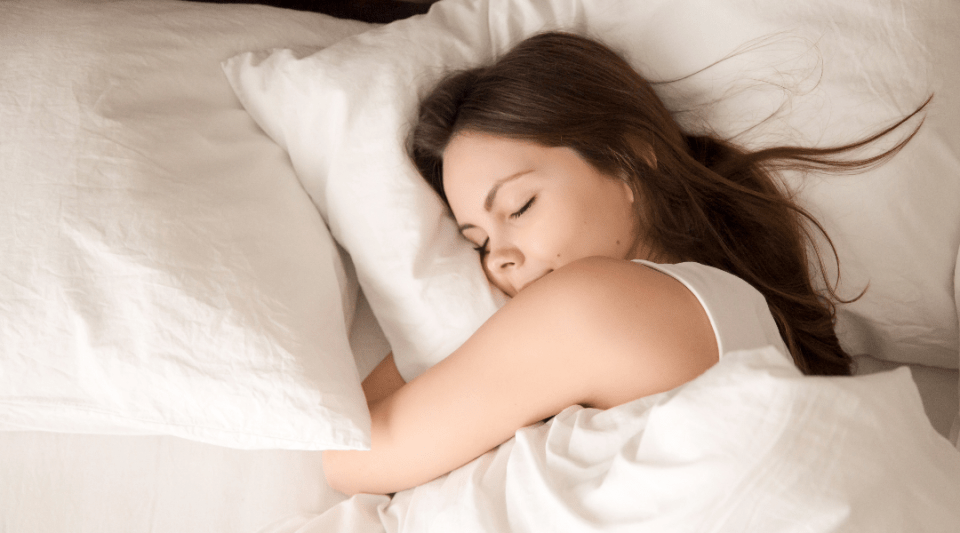Sleep is a physiological state in which consciousness is suspended, there is no response to external stimuli, and movement is reduced. This function of the nervous system is vital to life - in fact, total sleep deprivation can lead to death in just four weeks. And the benefits of sleep include regulating the immunological and endocrine systems, providing psychological stability and consolidating memory. It’s also good for brain plasticity, forming connections between neurons, and detoxifying the brain.
However, it isn’t always easy to get good sleep, especially in times of stress or emotional problems. But there are some habits that can help.
- Keeping to a regular schedule. Going to bed and getting up at the same time, even at the weekend, helps keep your biological clock in sync so you can sleep when you need to.
- Doing something relaxing before bed. Relaxing activities like reading, meditating, or listening to gentle music can calm you down and help you sleep.
- Avoiding screens for at least an hour before bedtime. Using electronic devices that emit blue light (mobile phones, computer screens, tablets, etc.) disrupt your biological clock. The blue light reduces melatonin levels, telling your body that it is time to wake up rather than go to sleep.
- Avoiding or limiting naps. Especially in periods when you are finding it difficult to fall asleep, it is important not to nap, so you will be sleepy at bedtime.
- Exercising every day, but not just before bedtime. Physical exercise can improve your sleep. However, doing it just before you go to bed can make it difficult to get to sleep afterwards.
- Reducing your consumption of stimulants. Coffee, tea, soft drinks with caffeine and sugar, and sugary foods such as chocolate are all stimulants. For this reason, we recommend avoiding them if you have trouble sleeping, especially in the evening.
- Reducing your consumption of alcohol, tobacco, and large meals. Alcohol and smoking affect your sleep so we recommend avoiding them as much as possible. Heavy meals just before going to bed can also lead to poor quality sleep.
- Modify your bedroom. Keeping the room dark and at a moderate temperature, and reducing noise in your bedroom, can make it easier to get to sleep. A comfortable mattress and pillow, both no more than ten years old, can also improve sleep.
- Only using the bedroom for sleeping. Doing other activities, such as watching television, playing video games, or working from home, make it hard for your brain to associate the space with sleeping. For this reason, if you can’t sleep, we recommend getting up and going to a different room.
- Not worrying too much about a bout of insomnia. Keeping calm and not stressing about going to sleep will help you go back to sleep. The problem is probably only temporary. When this happens we recommend doing something monotonous or relaxing in another room until you start feeling sleepy again.
If, despite following these tips, you still can’t sleep well and the problem goes on for more than two weeks, we recommend consulting your GP.






